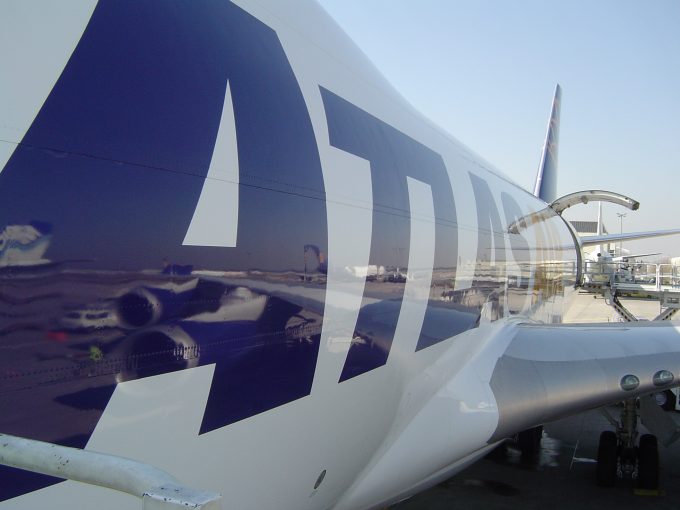One premonitory crash after another
The most emotional came y’day

As Atlas Air announced good year-end results, tempered only by a $100m antitrust settlement, its focus was very much on the benefits of its Southern Air acquisition.
The carrier announced 2015 adjusted net income of $125.3m, up from 2014’s $93.4m, for the 12 months ending December 31. Reported net income, including the settlement accrual and a special charge for a loss and costs on engines, was $7.3m.
“We outperformed the airfreight market and we grew earnings substantially,” said CEO Bill Flynn in an ...
Trump tariffs see hundreds of cancelled container bookings a day from Asia
'Disastrous' DSV-Schenker merger would 'disrupt European haulage market'
'To ship or not to ship', the question for US importers amid tariff uncertainty
'Chaos after chaos' coming from de minimis changes and more tariffs
List of blanked transpac sailings grows as trade war heats up and demand cools
EC approves DSV takeover of DB Schenker
Shippers in Asia restart ocean shipment bookings – but not from China
Forto 'sharpens commercial priorities' as it lays off one-third of staff
India withdraws access for Bangladesh transhipments, in 'very harmful' decision
'Tariff hell' leaves industries in limbo – 'not a great environment to plan'
IndiGo fleet expansion plan will include a major push to boost cargo volumes
Pre-tariff rush of goods from US to China sees air rates soar, but not for long
De minimis-induced ecommerce demand slump could cripple freighter operators
'Restoring America's maritime dominance' – stop laughing at the back of the class
Hapag 'took the bigger risk' when it signed up to Gemini, says Maersk
Navigating tariffs: 'like trying to solve a Rubik's cube while colour-blind'

Comment on this article